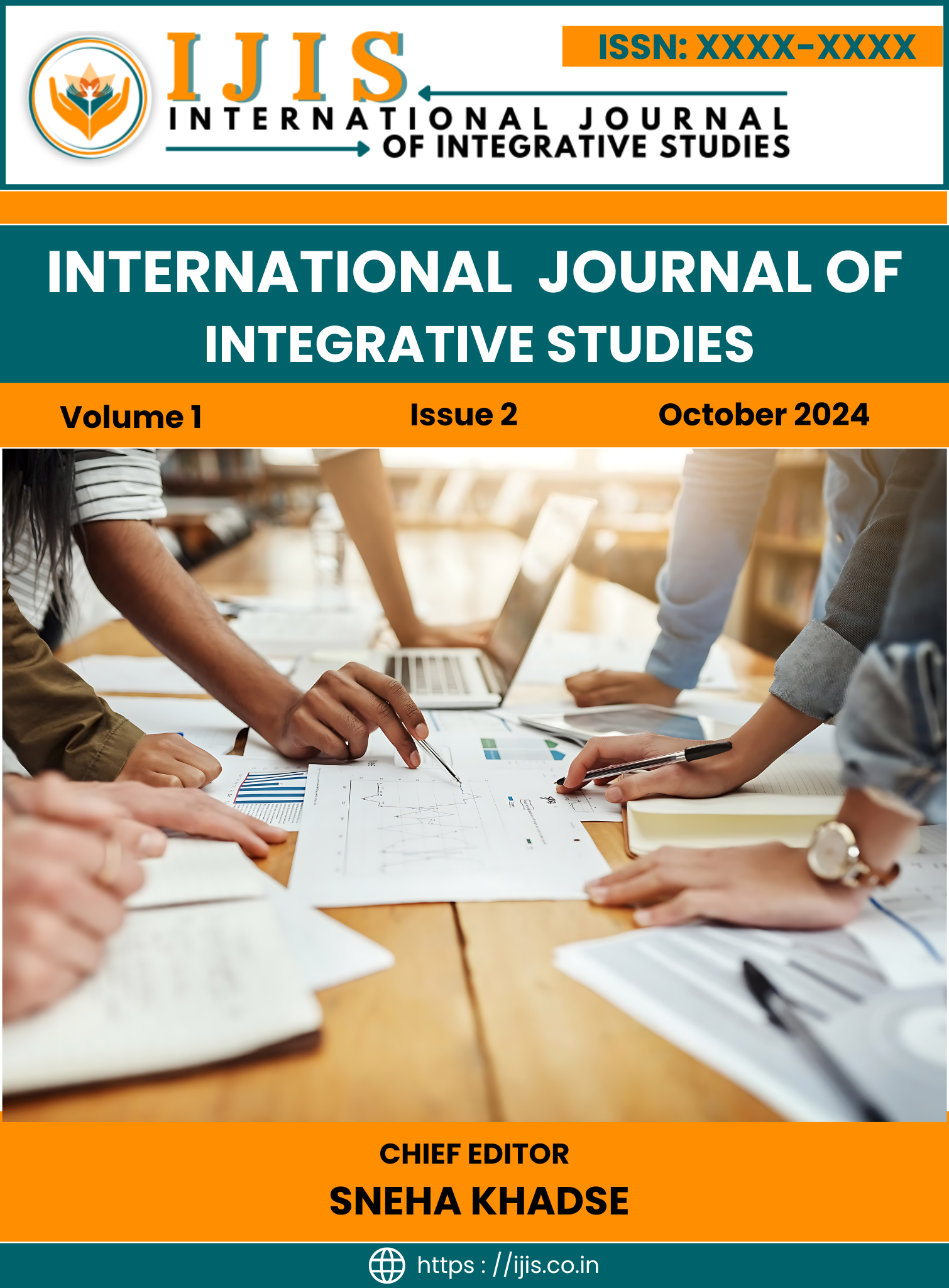Design and Fabrication of a Remote-Controlled Agricultural Robot for Efficient Pesticide Spraying and Plant Trimming
Keywords:
Sustainable agriculture, Pesticide application, remote-controlled pesticide spraying machine, Labor reduction in farming, Battery-powered agricultural devices.Abstract
Agriculture plays a critical role in global food production, and efficient crop management practices are essential for maximizing yield and minimizing losses. Traditionally, tasks such as pesticide application and plant trimming have been performed manually, which is both labor-intensive and inefficient. Manual pesticide application often leads to uneven distribution, resulting in overuse of chemicals, increased costs, and environmental harm. In response to these challenges, this paper presents the design, development, and evaluation of a remote-controlled pesticide spraying machine aimed at improving agricultural efficiency and sustainability. The proposed machine is powered by a battery and is remotely controlled, allowing farmers to apply pesticides with precision and minimal effort. The machine is designed to spray pesticides directly onto targeted areas, reducing chemical waste and preventing over-application. Additionally, it is equipped with a trimming mechanism that enables selective removal of unwanted plants, further enhancing its versatility. The design process involved detailed calculations for the weight, motor rating, battery capacity, and charging time to ensure optimal performance. With a total weight of 20 kg, the machine is lightweight and portable, making it easy to manoeuvre across different terrains. The motor, with a torque of 1.196 Nm and power consumption of 16.5 W, ensures efficient operation. The machine is capable of running for up to 10.90 hours on a single charge, thanks to its 15 Ah battery, with a recharge time of approximately 3.33 hours. Field tests demonstrated the machine's effectiveness in accurately spraying pesticides and performing selective trimming, reducing the need for manual labour and decreasing pesticide usage. The environmental benefits of reduced chemical waste, along with the economic savings for farmers, highlight the machine's potential to transform agricultural practices. This innovation represents a significant step toward more sustainable and efficient farming, contributing to the advancement of agricultural technology.

Downloads
Published
Issue
Section
License

This work is licensed under a Creative Commons Attribution-NonCommercial 4.0 International License.



